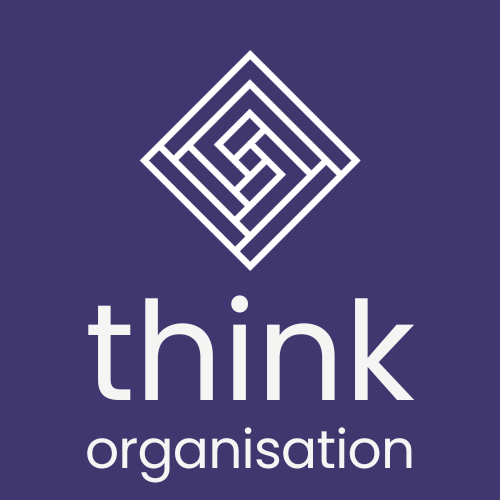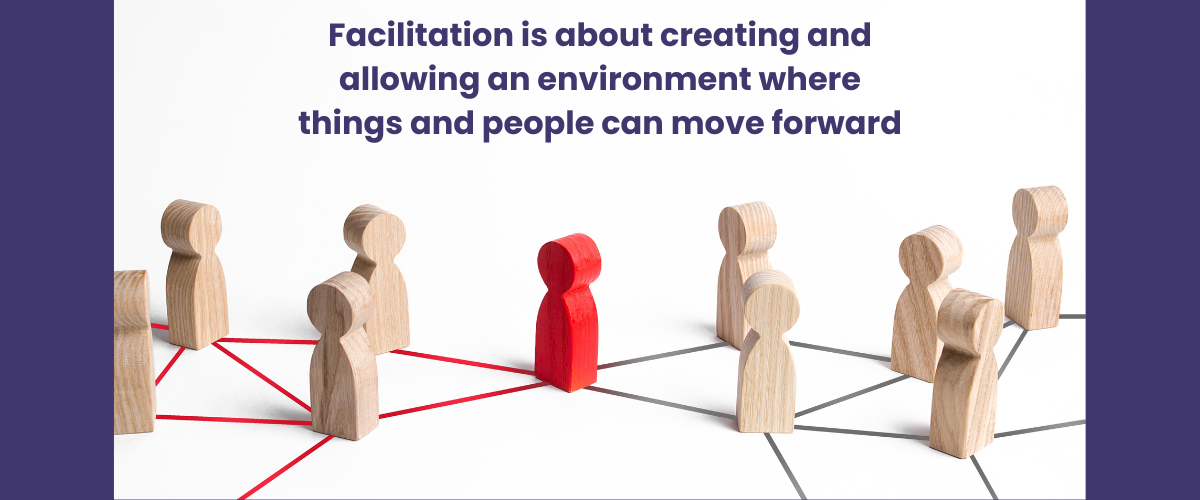Every organisational budget will be feeling the challenge of having to make less into more as taxes and tariffs change. So what should leaders be doing? HR is fundamental to business success but so often is the fire-fighting team who deal with people issues when things go wrong. Instead, HR needs to be involved with the business strategy and feel empowered to be proactive. Ensuring issues are dealt with proactively not reactively.
It is a bit like focusing on the negative when you will make significantly more progress focusing on the positive, and on the strengths which people, teams and organisations already have. By leveraging existing strengths in times of challenge, organisations can become even more successful.
At this time of high pressure on businesses, where HR costs are increasing, now is the time to conduct an HR audit of your business and see where you can reinvest money on the things that matter. Make savings in areas which don’t drive the same value to your employees.
Here are five steps businesses can take to help strengthen their current HR budget:
1. Align HR Goals with Business Strategy
So often HR is missed out when it comes to business strategy and this is a fundamental mistake which never happens in successful sustainable organisations. After all, it is the people which deliver the business strategy and ensure it is a success. So having the right people, in the right place, at the right time with the right resources is crucial. Hence all HR goals need to be aligned with business strategy.
2. Design for Productivity
How an organisation is designed in terms of structures is crucial for productivity. So often businesses morph over time and never take stock of the actual design of the organisation. This means workforce planning is often not optimised and there is wasted people effort, which then leads to confusion and frustration. Have an organisation design review, to ensure all the productivity-enhancing skills and expertise in your organisation are maximised. Helping businesses get more out of existing costs. Ensuring hiring processes are cost effective, and deliver what the business needs ensures productivity can be maintained.
3. Maximise Employee Development
In times of cost cutting business so often cut development and training budgets which harms their productivity and leads to lost talent over time. Investing in high-impact development courses, or executive coaching, is crucial for employees to develop and improve which in turn helps stretch already tight budgets. Linked to HR goals and business strategy it is vital that all development and training delivers ROI. This can include details measures of learning outcomes back in the business to ensure organisations are seeing the change required for the training they invest in.
4. Support Effective Decision-Making
Often in times of turmoil, or cost cutting, organisations can make short term decisions which harm the future growth of organisations. This can lead to longer-term repercussions which then spiral out of control. Making decisions using data and practical insights from the experts, is fundamental to preventing this. A full review of HR metrics such as retention, engagement, absenteeism, promotion ratios, productivity, etc can help provide important insights into how the HR plan can align to the business strategy. HR predictive analytics can help model what could potentially happen which allows evidence based decisions to be made ensuring risk can be managed.
5. Measure what Matters
So often big ticket offers which look good for recruitment don’t always deliver ROI. It is vital to measure what matters when it comes to HR metrics. This ensures business goals are being achieved.
For example, asking how many employees used your EAP per month is really insightful when compared over time, and compared to the cost would single counselling add more benefit depending on the numbers?
It is vital that organisations review everything as a whole, not just in isolation. This is why measuring what matters, and not just what the others measure is crucial for long-term sustainable success.
If you would like a free consultation on how aligned your HR goals are to your business strategy then please reach out – [email protected].



